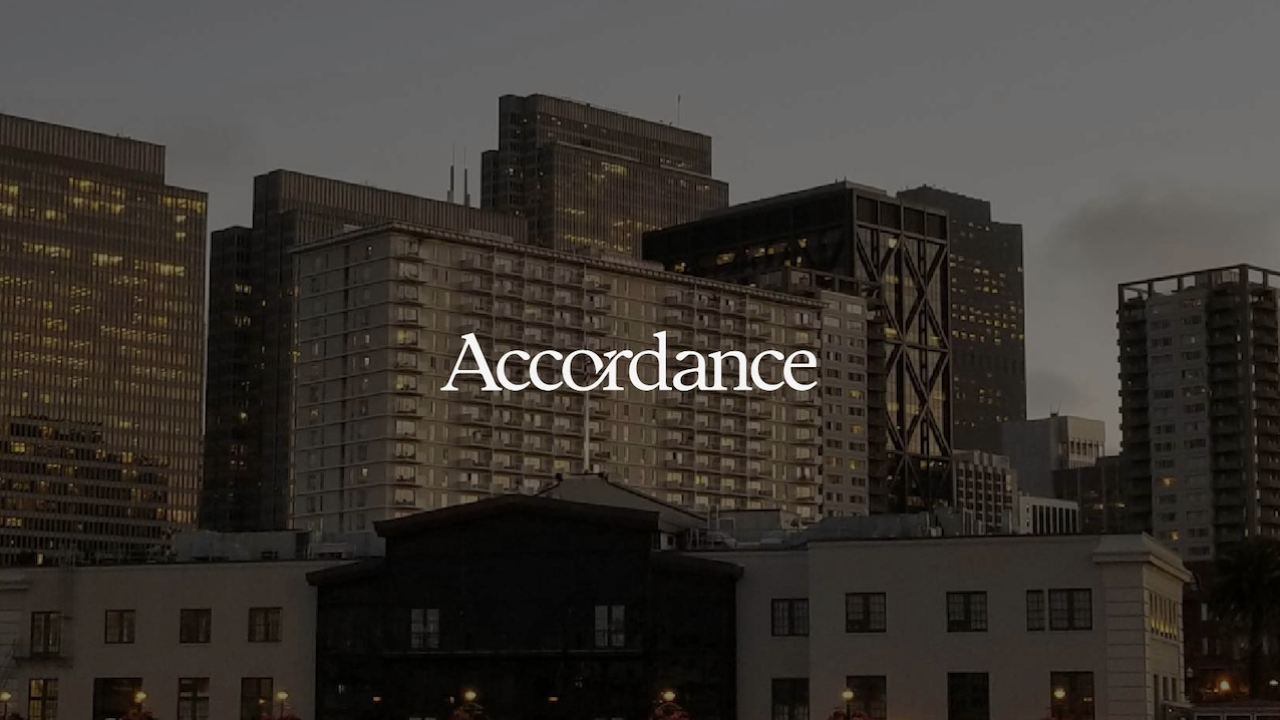Executives are worried about whether their companies are doing enough to protect themselves against financial crimes such as money laundering and fraud in the wake of the release of the Panama Papers.
In April, the International Consortium of Investigative Journalists began releasing a
A new poll from Deloitte found a majority of executives across different industries believe financial regulation will increase in the wake of the Panama Papers, but many of them are only somewhat or not at all confident in their organization’s ability to identify and mitigate financial crimes.
The survey of more than 2,050 professionals who participated in a Deloitte Advisory webcast last month found that only 22.7 percent of the respondents said their organization has already or plans to make changes in their approach to financial crime management in the aftermath of the Panama Papers scandal.
In addition, 43.8 percent of the respondents indicated they are somewhat confident in their organization’s ability to monitor for, identify and mitigate financial crimes, while 8.9 percent said they are not confident at all.
The poll also found 20.8 percent of the respondents reported the biggest challenge to their organization’s financial crimes management program is lack of visibility into the ultimate beneficial ownership structure of organizations.
Deloitte also found 51.3 percent of the respondents believe global enforcement of anti-corruption, anti-fraud, anti-money laundering and sanctions regulations will change in the next 12 months as a result of the Panama Papers leak.
Other challenges cited by the poll respondents that hinder their companies’ efforts to identify and mitigate financial crimes include inadequate third-party or customer due diligence policies and procedures (15.8 percent); and limited use of advanced analytics to monitor payments to holding companies in certain riskier foreign locations (12.5 percent).





